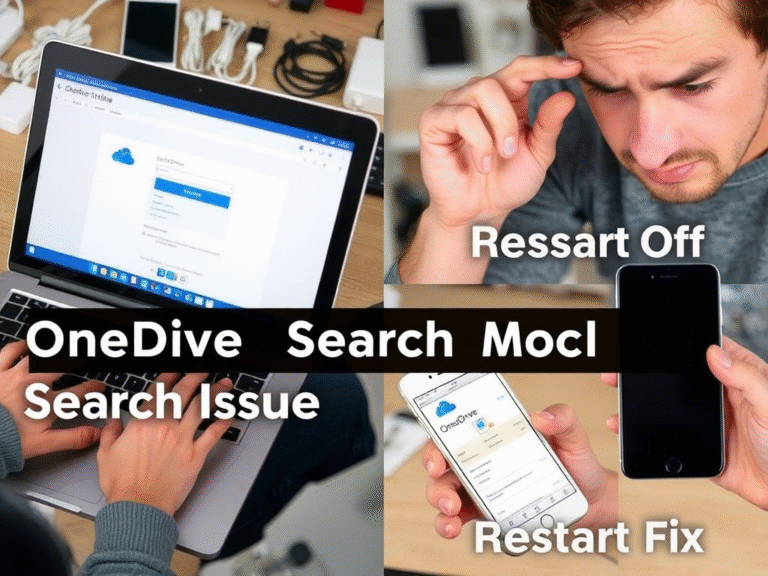
Google’s Gemini AI Will Handle Your WhatsApp and SMS by Early July
Google is reportedly preparing to roll out a major update to its Gemini AI that will give it deeper access to core Android apps like WhatsApp, Messages, and Phone , starting July 7, 2025 . According to reports from Tuta , the company has already begun notifying some users about the change via email.
What makes this update notable is that it will apply to users even if they’ve previously disabled Gemini’s app activity settings — meaning not everyone will be able to opt out easily.
🔧 What This Means for Android Users
For those who choose to keep the feature enabled, Gemini will gain the ability to send messages, make calls, and interact with these apps on your behalf , turning it into a more capable personal assistant.
A new help page from Google outlines what users can expect once the feature goes live. Interestingly, the company says that Gemini won’t be able to read or summarize WhatsApp messages , nor will it support sending or viewing media like images, GIFs, videos, or audio through WhatsApp directly.
However, there’s a bit of a catch.
Right after listing these limitations, Google adds a note that says:
“The Gemini mobile app may support some of these actions with help from Google Assistant or the Utilities app, even with WhatsApp disabled in Gemini.”
This suggests that while direct integration might be limited, workarounds using other Google services could still allow Gemini to handle certain tasks involving WhatsApp
🔐 How to Limit Gemini’s Access
If you’re concerned about privacy or simply don’t want an AI interacting with your messages and calls, there are steps you can take:
- Open the Gemini app
- Go to Profile > Apps
- Toggle off individual app extensions (like WhatsApp or Phone)
- You can also disable Gemini Apps Activity entirely under Profile > Gemini Apps Activity > Turn Off
However, even with this setting disabled, Google may retain your activity data for up to 72 hours for security, safety, and feedback purposes.
⚖️ A Growing Trend in Tech
This move by Google reflects a larger trend among tech giants: automatically opting users into new AI features without making it easy to turn them off . Recently, Meta rolled out its Meta AI chatbot inside WhatsApp , and many users found no clear way to disable it.
With Gemini’s upcoming changes, similar concerns are emerging — especially since most people may not even notice the update happened unless Google alerts them directly within the app.
Even then, the process of disabling WhatsApp access appears less than straightforward , which could leave many users unaware of what the AI is now capable of doing on their devices.
🤖 Final Thoughts
As AI becomes more deeply embedded in our daily tools, companies like Google are pushing boundaries — sometimes at the expense of user control and transparency.
While the idea of an AI assistant that can manage your messages or calls hands-free sounds convenient, it also raises important questions about privacy, consent, and how much control users really have over their own data .
Only time will tell whether this level of integration becomes widely accepted — or sparks a stronger pushback from users and regulators alike.





